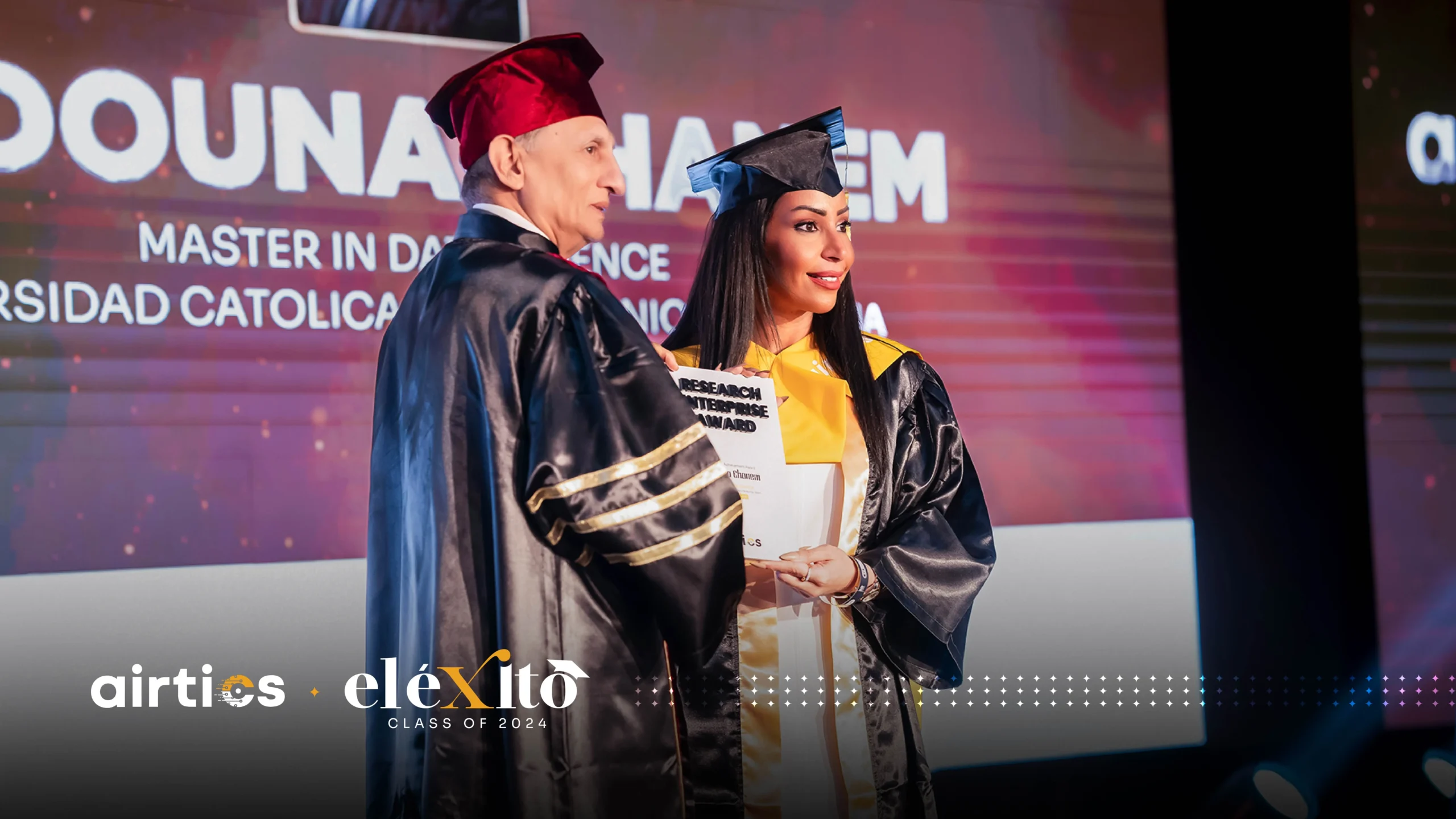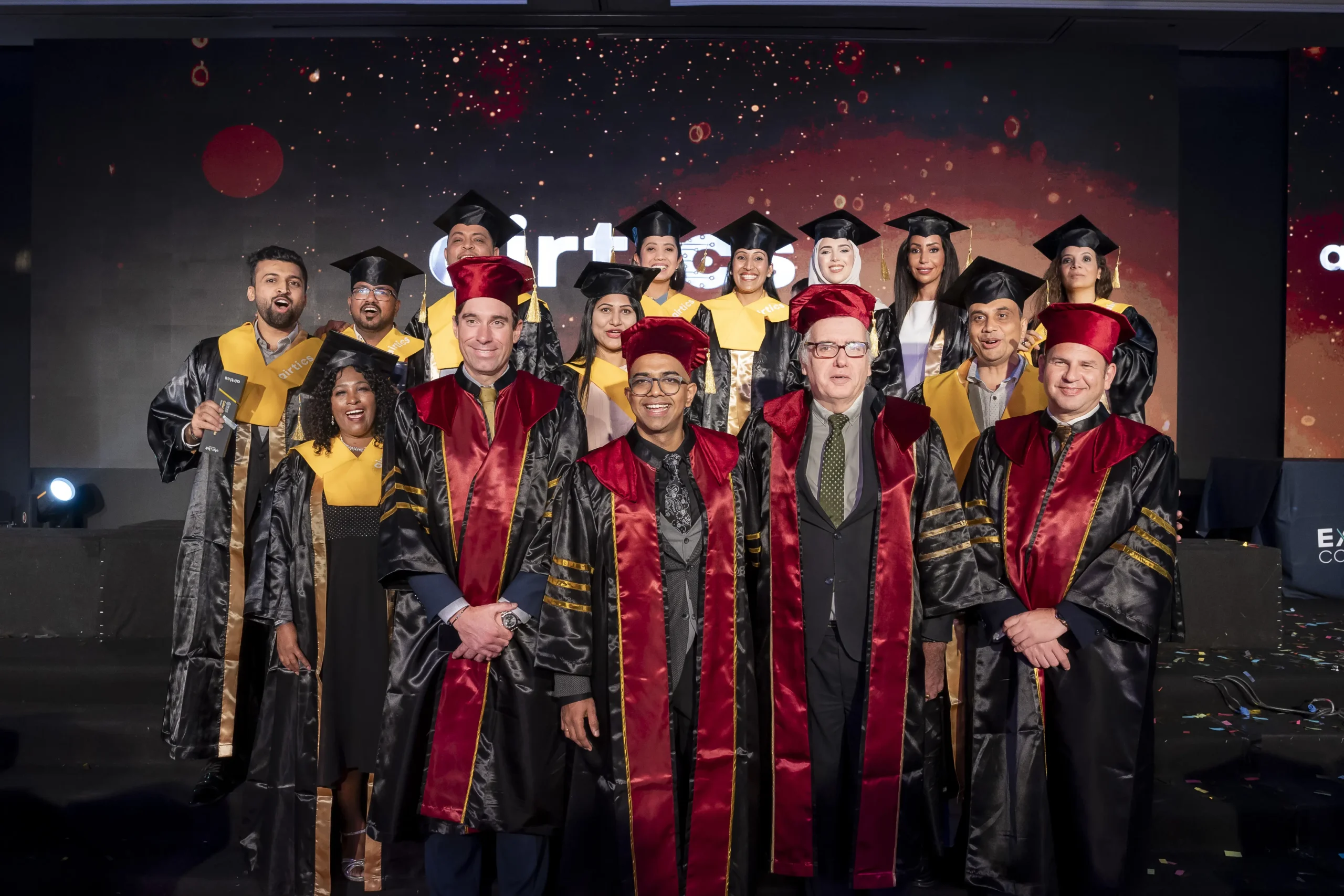
Advanced Program in Quantum Computing & Quantum Algorithms

Transform your career with our cutting-edge 6-month Advanced Program in Quantum Computing & Quantum Algorithms, certified by Acacia University. This pioneering professional development program equips you with revolutionary skills in quantum mechanics, quantum algorithms, Python programming, and Qiskit implementation through 40 hours of live instructor-led training.

- Duration
6 Months
- Modules
8 Modules
- Assignments
16 Assignments
- Format
Blended Learning
- Projects
4 Projects
- Level
Intermediate
Globally Recognized & Accredited:


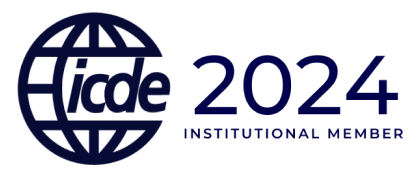


Students Trained Globally
Industry-Aligned Programs
Countries with Active Alumni
Career Transition Success
- Industry-Standard Technology Stack
Tools & Technologies That Power Success
Master the complete data science ecosystem with hands-on experience using industry-leading tools and frameworks. Our Advanced Program in Data Science equips you with practical skills in Python programming, data manipulation, visualization, and machine learning – preparing you for real-world data challenges.
- Production-Ready Skills
- Industry-Relevant Tools
- Hands-On Learning
Python

MySQL

Anaconda

Jupyter Hub
Pandas
NumPy
Seaborn
Matplotlib
Excel
GIT
HTML

CSS
- Quantum Computing Technology Stack
Tools & Technologies That Power Success
Master the complete quantum computing ecosystem with hands-on experience using cutting-edge quantum frameworks and simulators. Our Advanced Program in Quantum Computing & Quantum Algorithms equips you with practical skills in Python programming, Qiskit development, quantum simulation, and algorithm implementation – preparing you for real-world quantum challenges.
- Production-Ready Skills
- Industry-Relevant Tools
- Hands-On Learning
Python

Qiskit

Anaconda

Jupyter Hub
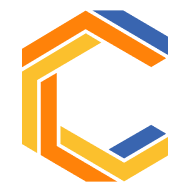
Cirq
NumPy
Seaborn
Matplotlib
Excel
GIT

IBM Quantum

CSS
Acacia University Professional Development
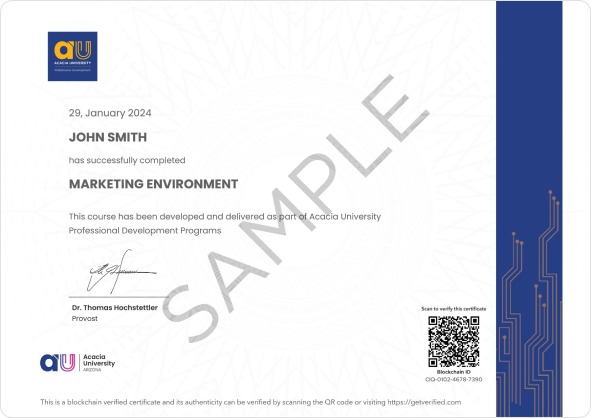
Eligibility
Prerequisites
Course Modules
Laying the Mathematical Foundation
Begin your journey into Quantum Computing by mastering the essential mathematical tools that underpin quantum theory. This module introduces you to the core concepts of Linear Algebra, Complex Numbers, and Probability Theory—each vital for understanding and applying quantum algorithms.
From Vectors to Probabilities
Learn to work with vectors, matrices, and linear transformations. Understand how quantum states are represented mathematically. Build confidence with complex numbers, and explore the fundamentals of probability theory as they relate to quantum measurements and uncertainty.


Learning Outcomes
By completing this module, you will:
- Understand the mathematical principles that form the basis of Quantum Computing
- Gain hands-on skills in performing essential linear algebra operations involving vectors and matrices
- Learn the role of complex numbers in quantum state representation
- Get introduced to foundational probability theory relevant to quantum measurements and outcomes
- Build a strong base to progress confidently into quantum circuits and algorithms in upcoming modules
Foundations of Computing and Logic
Begin your journey into quantum computing with a strong grasp of classical computing principles. Understand how data is represented through binary and decimal number systems and how traditional logic gates form the basis of computation.
Bridging Classical and Quantum Worlds
Gain insight into the key distinctions between classical and quantum computation. Explore how quantum computers process information differently, setting the stage for understanding their transformative potential.
Quantum Computational Complexity
Delve into the fundamentals of quantum computational complexity—an essential area that studies how efficiently quantum algorithms solve problems compared to classical ones. Build foundational knowledge necessary for advanced quantum computing modules.


Learning Outcomes
By completing this module, you will:
- Understand binary and decimal number systems and how machines use them to represent data
- Identify and describe classical logical gates and their role in traditional computing
- Differentiate between classical and quantum computational models
- Gain introductory knowledge of quantum computational complexity and its significance
Essential Python Foundations
Gain proficiency in core Python concepts crucial for diving into the world of quantum computing. Master variables, data types, loops, and conditionals—the fundamental building blocks for writing clean and efficient code.
Object-Oriented Programming & Structures
Develop a solid grasp of object-oriented programming through hands-on experience with classes, objects, and inheritance. Learn how to structure code in reusable, scalable ways suitable for complex quantum problems.
Scientific Libraries for Quantum Readiness
Work with powerful Python libraries like NumPy for numerical operations and Matplotlib for data visualization. Learn how these tools support simulations and data analysis in quantum computing environments.


Learning Outcomes
By completing this module, you will:
- Acquire the foundational Python skills required for quantum computing
- Understand object-oriented programming concepts and inheritance
- Master the use of conditionals, iterations, and basic function definitions
- Work fluently with data types such as tuples, lists, dictionaries, and learn data conversion
Gain experience using Python libraries like NumPy and Matplotlib for computation and visualization
Core Concepts and Foundational Experiments
Explore the fundamentals of quantum physics through key topics like Young’s double slit experiment, photoelectric effect, interference, and superposition. Understand the historical experiments that shaped quantum theory.
Postulates and Quantum Properties
Learn the postulates of quantum mechanics, wave-particle duality, and the significance of the De-Broglie wavelength. Dive into the Hamiltonian, symmetric and antisymmetric wavefunctions, and the foundational Schrödinger equation.
Introduction to Qubits and Quantum Behavior
Gain an introduction to quantum bits (qubits), entanglement, and quantum states. Understand how wavefunctions behave, and how these properties form the core of quantum computing and quantum information systems.


Learning Outcomes
By completing this module, you will:
Understand fundamental quantum experiments such as the double slit and photoelectric effect
- Learn core principles including superposition, interference, and entanglement
- Grasp the postulates of quantum mechanics and mathematical formulations like the Schrödinger equation
- Analyze the behavior of wavefunctions, including symmetry properties
- Get introduced to the concept of qubits and their unique quantum characteristics
- Understand key equations and concepts relevant to quantum computing foundations
Foundations of Quantum Information
Delve into the emerging field of quantum computing by understanding the fundamental differences between classical and quantum systems. Learn how quantum bits (qubits) operate within Hilbert spaces, and build your intuition around Bra-Ket notation and quantum states—pure, mixed, and visualized via the Bloch sphere.
Quantum Gates and Entanglement
Explore the world of quantum logic through single and multi-qubit gates, including unitary transformations and Bell states. Grasp the power of quantum entanglement, the mathematics behind it, and how it fundamentally changes computational logic and information transmission.
Introduction to Qubits and Quantum Behavior
Gain hands-on insights into how quantum algorithms are implemented in software, while also understanding the underlying physics of quantum hardware. This module acts as your entry point into the real-world application of quantum systems in computing.


Learning Outcomes
By completing this module, you will:
- Understand the basic concepts of quantum information and computation from both mathematical and physical perspectives
- Explore Bra-Ket notation, Hilbert spaces, and qubit state representations including Bloch spheres
- Learn and visualize key quantum logic gates used in computation—both single and multi-qubit
- Develop an intuitive and theoretical understanding of entanglement and quantum logic operations
- Build and simulate basic quantum circuits using software tools and comprehend the architecture of quantum hardware systems
Redefining Information Transfer
Dive into the next frontier of secure and instantaneous communication with quantum mechanics. This module introduces key quantum communication protocols that transcend the limitations of classical systems.
Protocols and Practical Implementation
Understand the science behind quantum teleportation, superdense coding, and BB84—a quantum key distribution protocol. Each protocol will be studied with mathematical depth and real-world implications in secure information transmission.
From Theory to Hardware
Gain an introduction to the hardware components used in global quantum labs for experimental validation. This includes an exploration of the tools that bring quantum communication from theoretical frameworks into practical, scalable systems.


Learning Outcomes
By completing this module, you will:
- Compare classical and quantum communication methods, identifying the advantages of quantum systems
- Understand and mathematically derive protocols like quantum teleportation and quantum key distribution (QKD)
- Gain exposure to the experimental setups and hardware required for implementing quantum communication in global research labs
- Develop a foundational understanding necessary for future work in quantum networks and secure data systems
Foundation of Quantum Advantage
Dive into the pioneering algorithms that showcased the power of quantum computing over classical methods. Begin with Deutsch’s and Deutsch-Jozsa algorithms, which set the stage for quantum problem-solving efficiency.
Intelligent Search and Hidden Structure Problems
Understand algorithms like Grover’s Search and Simon’s Algorithm, which reveal how quantum systems can solve search and pattern problems exponentially faster than classical computers.
Mathematical Power of Quantum Mechanics
Explore the Quantum Fourier Transform, Phase Estimation, and Shor’s Algorithm to grasp the mathematical backbone of quantum computing. These tools unlock applications like cryptography, factorization, and signal processing in a quantum context.


Learning Outcomes
By completing this module, you will:
- Explore foundational quantum algorithms that demonstrate clear advantages over classical ones
- Understand and visualize the efficiency of Grover’s Search in database querying
- Analyze quantum phase estimation, Fourier transform, and Shor’s algorithm with conceptual clarity
- Build an intuitive grasp of the logic behind key quantum algorithms to prepare for more advanced topics
Exploring Quantum Algorithm Breakthroughs
Dive into some of the most advanced quantum algorithms driving innovation in research and industry. Learn how leading-edge techniques like HHL, QAE, VQE, and QAOA are redefining computation across sectors.
From Theory to Practical Impact
Discover how quantum algorithms are being applied in real-world domains such as chemistry, finance, optimization, and machine learning. Analyze their computational advantages and limitations.
Variational Models and Custom Implementations
Build an in-depth understanding of variational quantum algorithms. Learn to design and implement your own quantum models using popular quantum computing libraries—or even from scratch.


Learning Outcomes
By completing this module, you will:
- Discover research-grade quantum algorithms like HHL, QAE, VQE, and QAOA
- Apply quantum techniques across industries such as finance, chemistry, and machine learning
- Develop case studies demonstrating quantum advantage in real-world scenarios
- Gain expertise in variational quantum algorithms and their underlying mechanics
- Create customized quantum models using libraries (like Qiskit or PennyLane) or implement them independently
Your Success Story Starts Here
Every image here tells a story of transformation, dedication, and success. Be the next to wear the cap and gown. Enroll today, and let your journey begin.
What Our Students Say
Every student has a story—of ambition, of challenge, of growth. In their own words, they share how Airtics became a turning point in their learning journey and helped them move closer to their goals.
Pemsith Ravi

- Verified Review
Zeeshan Ali

Airtics offers a truly transformative learning experience. The course content is up-to-date, the mentors are incredibly supportive, and the flexibility of the online platform made it easy to balance with my work. Highly recommended for anyone looking to upskill!
- Verified Review
Aalaa Shbair

The experience at Airtics College has been tremendous for me. It has illuminated my path and opened the way for me to become a developer of solutions in my workplace. I cherish every moment of this online learning experience and the supportive community of instructors and peers.
- Verified Review
Muhammad Fatouh

Airtics offered a great platform that allowed me to take a meaningful step forward in data science while balancing my demanding job as a telecom engineer. If you have a busy schedule and struggle with work-life balance, I encourage you to find a flexible platform like Airtics to pursue your goals.
- Verified Review
Al Tayyab Bakhsh

Coming from a non-technical background in marketing, switching to data science was challenging. The faculty at Airtics was incredibly helpful, especially my mentor Miss Piyali, who guided me with patience every step of the way. Their mentorship gave me the confidence to succeed.
- Verified Review
Dilnawaz Qureshi

Airtics provides an impressive curriculum for Python Full Stack development that is both well-structured and up-to-date. This comprehensive approach ensures we acquire a thorough understanding of the field and are well-prepared for real-world challenges.
- Verified Review
Charuhaas Shenoy

- Verified Review
Madonna Ghanem

- Verified Review
Dhruv Narse

Airtics provides a conducive learning environment for data analytics students. They have experienced faculty, and provide access to the latest software and tools used in the industry. This ensures that we are well-prepared for our future careers in the field.
- Verified Review
Real-World Capstone Projects
Apply your data science skills to solve real business challenges through hands-on projects. Choose from our curated capstone projects or bring your own organizational problem to create a portfolio that showcases your expertise to future employers.
House Rental Predication
Image Classification
Business Insights Reporting
Learn from Industry Leaders & Experts
Learn from the best in the field. Our faculty combines academic brilliance with industry expertise, featuring PhD holders, senior data scientists, and AI researchers from top organizations.
Global Student Community
Students from 60+ Countries Worldwide









Frequently Asked Questions
Basic knowledge of programming logic and technology exposure will be helpful.
Automated transport, taking over dangerous jobs, robots working with humans, improved elderly care, cyborg (organic/bio-mechanic) organisms, environment monitoring and response to climate change goals.
Yes. The average base pay for a machine learning engineer in the US is $123,608, as of April 2022. According to a December 2020 study by Burning Glass, demand for AI and machine learning skills is projected to grow by 71 per cent over the next five years. The same study reports a $14,175 salary premium associated with these skills.
Still have questions?
If you have any other questions or need further information about our Advanced Program in Data Science, don’t hesitate to contact us. Our admissions team is here to help you take the next step in your data science career.
